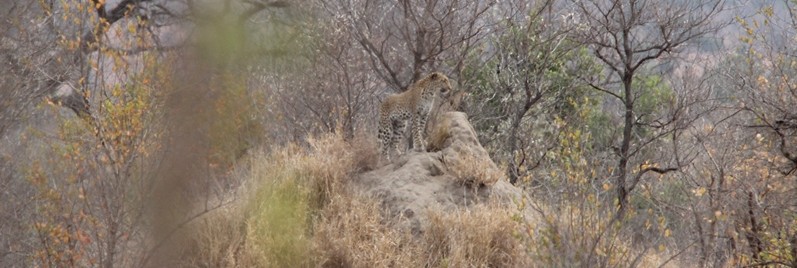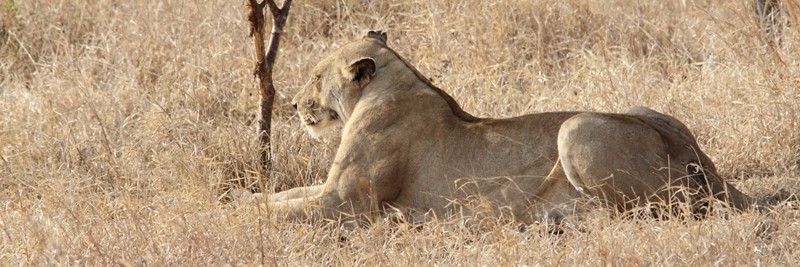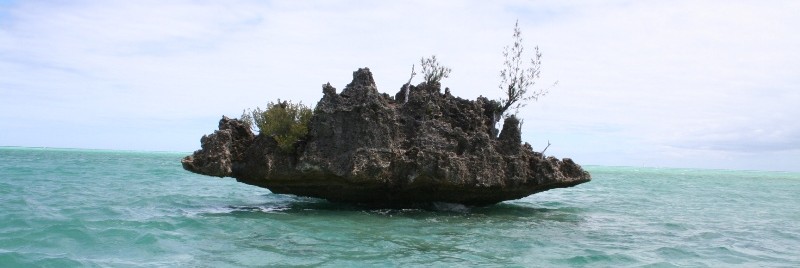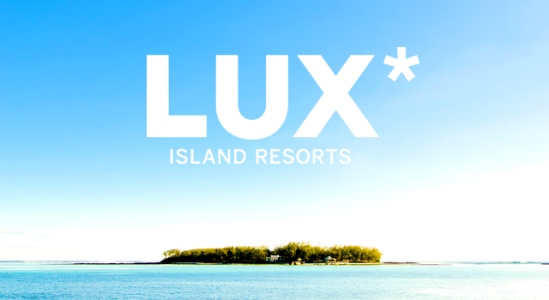General Mauritius Information
Geography
Mauritius, a volcanic and mountainous island in the Indian Ocean, lies 2000km (1240 miles) off the southeastern coast of Africa, due east of Madagascar. The island state stands on what was once a land bridge between Asia and Africa called the Mascarene Archipelago. From the coast, the land rises to form a broad fertile plain on which sugar cane flourishes. Some 500km (310 miles) east is Rodrigues Island, while northeast are the Cargados Carajos Shoals and 900km (560 miles) to the north is Agalega.
Area : 2040 sq km (788 sq miles).
Population : 1,122,811 (official estimate 2003).
Population Density : 599.4 per sq km.
Capital : Port Louis. Population: 144,303 (2000).
Language
Most people in Mauritius are bilingual and are equally fluent in English and French. Creole and French are the main languages in the everyday environment and several oriental languages are also spoken.
Time Zone
GMT + 4
Electricity
220 volts AC, 50Hz. UK-type three-pin plugs are commonly used in hotels.
Communications
Telephone: IDD is available. Country code: 230. There are no area codes. Outgoing international code: 00. There are a limited number of public telephone booths, mainly at the airport and in major hotels.
Mobile telephone: GSM 900 networks, with coverage extending over the whole island. Network operators include Cellplus Mobile Comms (website: www.gocellplus.com) and EMTEL Handsets and SIM cards can be hired.
Fax: Most hotels have facilities, as well as Mauritius Telecom offices in Port Louis and Cassis.
Internet: There are a number of ISPs in Mauritius; they include MauriNet, Mauritius Network (MNS), Mauritius Telecom and Telecom Plus. There are Internet cafes in Phoenix, Vaoas and other main towns. Most hotels offer Internet facilities.
Telegram: Messages can be sent from the Mauritius Telecommunications Service offices in Cassis and Port Louis. There are also facilities at Overseas Telecoms Services Ltd, Rogers House, John Kennedy Street, Port Louis
Post: Airmail to Western Europe usually takes five days; by sea, mail takes four to six weeks. Post office hours: Generally Mon-Fri 0815-1115 and 1200-1600, Sat 0800-1145.
Climate in Mauritius / Mauritius Weather
The island's climate is that of a tropical region of the Southern Hemispheres, with two seasons that are the reverse of those in the Northern Hemisphere.
The summer is humid and hot (from November to April, 22°C at night and 30° and above during the day, with heavy rains and a relative humidity of 80%).
Mauritius has a cyclone season from mid-December though mid-April. Due to the small size of the island, the probability of its being stuck directly by cyclones or storms in very low.
The temperature on the coastal areas varies between 22°C in winter and 34°C in summer. The sea temperature varies between 22°C and 27°C. In the central part of the island, the maximum daytime temperature varies from about 19°C in August to about 26°C in February. The western and northern regions are warmer and relatively drier than the East and the South.
Required clothing : Tropical lightweights, with warmer wear for evenings and winter months (July to September). Rainwear advisable all year round. In the summer months, sun-care products and a hat are advisable.
Duty-Free: The following goods may be imported into Mauritius by persons 18 and over without incurring customs duty:
200 cigarettes or 250g of tobacco products or 50 cigars; 1l of spirits and 2l of wine or beer; 250ml of eau de toilette and 100ml of perfume for personal use
Restricted items: Vegetables, fruit, flowers, plants and seeds must be declared (all require permit from the Ministry of Agriculture), as must firearms and ammunition. Imported animal products also require a permit.
Prohibited items: Sugarcane and related parts thereof, soil micro-organisms and invertebrate animals.
Visa & entry requirements
A visitor must be in possession of a valid passport and a return or onward ticket. A visitor’s visa is normally granted for a period of two weeks to one month upon arrival, to almost all holders of a valid passport, with one or two exceptions. Visitors are strongly recommended to contact the Passport and Immigration Office in Mauritius or the nearest Mauritian Embassy or Consulate. The visa can be extended upon request at the Passport and Immigration Office, Sterling House, 11-19 Lislet Geoffroy Street, Port-Louis, Tel : (230) 210-9312 to 210-9317 Fax (230)210-9322.
What to wear
Take your best beach and casual wear. In the winter months (June -September), carry some light woollen clothing for the cool evenings.
Please show due respect when visiting religious places. Wear appropriate clothing (and remove leather shoes and belts) when entering the premises.
Working Hours
Private Sector : Monday to Friday: 8.30 am - 4.15 pm Saturday : 9am -noon (Some offices)
Public Sector : Monday to Friday: 9 am - 4 pm
Saturday : 9 am - noon (Skeleton service).
Security
A tourist police service has been set up to ensure security in tourist zones.
An anti-terrorist law has also been proclaimed. A specific law relating to all tourist activities and corrupt practices has also been voted
Essential pieces of advice are meant for you :
Be careful when withdrawing money from a cash point.
Avoid wearing expensive jewellery.
Do not leave anything inside your car
(For trips or purchases) use only recognised operators or suppliers.
Keep your passports, plane tickets, jewellery of value and large sums of money in safe custody.
During individual sea trips, always notify the person responsible for the boat house.
Do not go swimming in areas where it is forbidden.
Currency
The monetary unit is the Mauritian Rupee (Rs.) which is divided into 100 cents (cs).
Customs
Passengers over 18 years of age may import the following duty-free items: 250 grams of tobacco (including cigars and cigarettes), 1 litre of spirits, 2 litres of wine, ale or beer, one quarter litre of Eau de Toilette and perfume not exceeding 100 ml.
A plant import permit must be obtained from the Ministry of Agriculture, prior to the introduction of plants and plant material including cuttings, flowers, bulbs, fresh fruits, vegetables and seeds
It is prohibited to introduce sugarcane and parts thereof, soil micro-organisms and invertebrate animals
All imported animals including animal products need an import permit from the Ministry of Agriculture and a health certificate from the country of origin.
Drug trafficking is illegal and carries very heavy penalties. Firearms and ammunition need import permits and must be declared on arrival.
Credit Cards
Credit cards are normally accepted by banks and most hotels, restaurants and tourist shops.
Banking hours
Monday to Thursday : 9.15 am -3.15 pm, Friday: 9.15 am -3.30 pm , Saturday
:9.15 am -11.15 am (Some banks only). Banks are also open to coincide with the arrival and departure of international flights at the Sir Seewoosagur Ramgoolam Airport.
Driving
People in Mauritius drive on the left-hand side of the road and give way to the right.
Foreigners with a driving licence issued by a Competent Authority in their respective countries are allowed to drive during their stay in Mauritius.
Nudism
Nudism and topless sunbathing are frowned upon on our public beaches. No hotel permits nude sunbathing on beaches. Topless sunbathing is sometimes tolerated.
Shopping
Shopping hours in our main cities range from 9.30 am to 7.30 pm (Monday-Saturday). Some shops are open till noon on Sundays and public holidays. Many duty free shops and modern shopping centres (Caudan, Curepipe, Floréal Square, Happy World House, Orchard Centre) offer a wide choice of products.
Please note that there are no shops open in Rose-Hill, Curepipe and Quatre-Bornes on Thursday afternoon






















